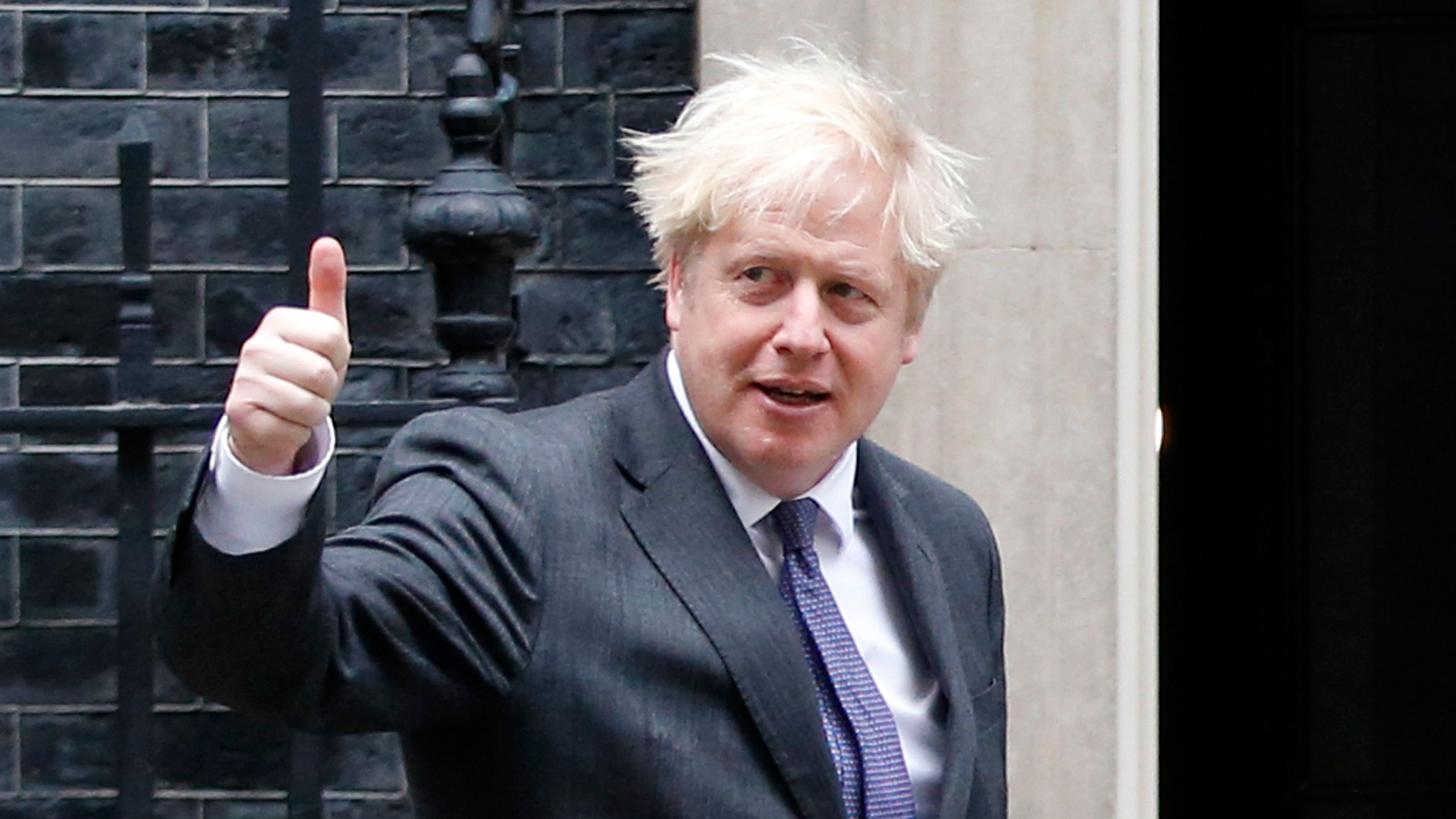What do extended negotiations mean for the odds of getting a Brexit deal?
Continuation of talks announced after half-hour call between Johnson and von der Leyen

A free daily email with the biggest news stories of the day – and the best features from TheWeek.com
You are now subscribed
Your newsletter sign-up was successful
Another weekend, another missed deadline and another high-level political intervention as Brexit deal negotations drag on and on.
Boris Johnson and EU Commission President Ursula von der Leyen yesterday pledged to “go the extra mile” to secure a future trade treaty, following a half-hour phone call during which the two leaders agreed to extend the talks into the coming week.
UK officials have played down hopes that the extension of Sunday’s deadline signals a willingness by both sides to compromise. An insider told Politico’s London Playbook that there had been “minimal progress” and “no breakthrough”.
The Week
Escape your echo chamber. Get the facts behind the news, plus analysis from multiple perspectives.

Sign up for The Week's Free Newsletters
From our morning news briefing to a weekly Good News Newsletter, get the best of The Week delivered directly to your inbox.
From our morning news briefing to a weekly Good News Newsletter, get the best of The Week delivered directly to your inbox.
But “several leading Europe correspondents this morning report there has indeed been a change in the substance on the crucial level playing field sticking point”, Playbook’s Alex Wickham notes.
According to The Sun’s Brussels reporter Nick Gutteridge, the EU “has dropped its insistence on a ‘ratchet clause’ which would have formalised the principle both sides should keep up with each other’s standards”. The shift suggests that the bloc is “ready to cater for divergence in the future so long as there are strong safeguards to rebalance unfair competition”, Gutteridge writes.
This claim is echoed by The Times, which reports that negotiators are “discussing what role independent arbitration could have in resolving disputes and at what stage either side might be able to impose retaliatory tariffs and how extensive they could be”.
In other words, the EU appears willing to concede that Britain will not be locked into matching its level playing field rules, and that any retaliatory tariffs “would come only after arbitration and dispute resolution”, Bloomberg says.
A free daily email with the biggest news stories of the day – and the best features from TheWeek.com
The concession would come at a cost to the UK, however, with the bloc unwilling to give away something for nothing. A UK official told the news site that any breakthrough on level playing field issues “could mean negotiations in the final days focus on quota numbers for EU fishermen in British waters”.
The official added that “if talks ultimately get narrowed down to that, a deal should be achievable”.
Running with this slightly more upbeat tone, Playbook’s Wickham points out that “‘minimal progress’ is still progress, the two sides are still talking [and] the rhetoric is slightly less gloomy”.
But the likelihood of landing an agreement is still in question, with Downing Street officials pointing Wickham to Johnson’s insistence during an interview with Sky News yesterday that no-deal remained “the most likely thing”.
Joe Evans is the world news editor at TheWeek.co.uk. He joined the team in 2019 and held roles including deputy news editor and acting news editor before moving into his current position in early 2021. He is a regular panellist on The Week Unwrapped podcast, discussing politics and foreign affairs.
Before joining The Week, he worked as a freelance journalist covering the UK and Ireland for German newspapers and magazines. A series of features on Brexit and the Irish border got him nominated for the Hostwriter Prize in 2019. Prior to settling down in London, he lived and worked in Cambodia, where he ran communications for a non-governmental organisation and worked as a journalist covering Southeast Asia. He has a master’s degree in journalism from City, University of London, and before that studied English Literature at the University of Manchester.